Deciding how to heat your home can be tricky sometimes. Do you want to try using a heat pump during the cooler months but don't know if it will dry out the air? Well, we've done plenty of research and have the answer waiting for you. Let's check this out.
Generally, a heat pump won't make the air too dry around you. Although it will remove moisture from the air via condensation, this shouldn't cause your home to become uncomfortably dry. That said, if you use your heat pump for days on end, it might make the air feel drier than usual, but for the most part, it won't cause significant changes.
As we begin, we will cover all things heat pumps and discuss how to use one in your home. Whether you don't want to turn on your heater or need a new idea for this winter, we're here to help. With that said, let's dive right into this post!
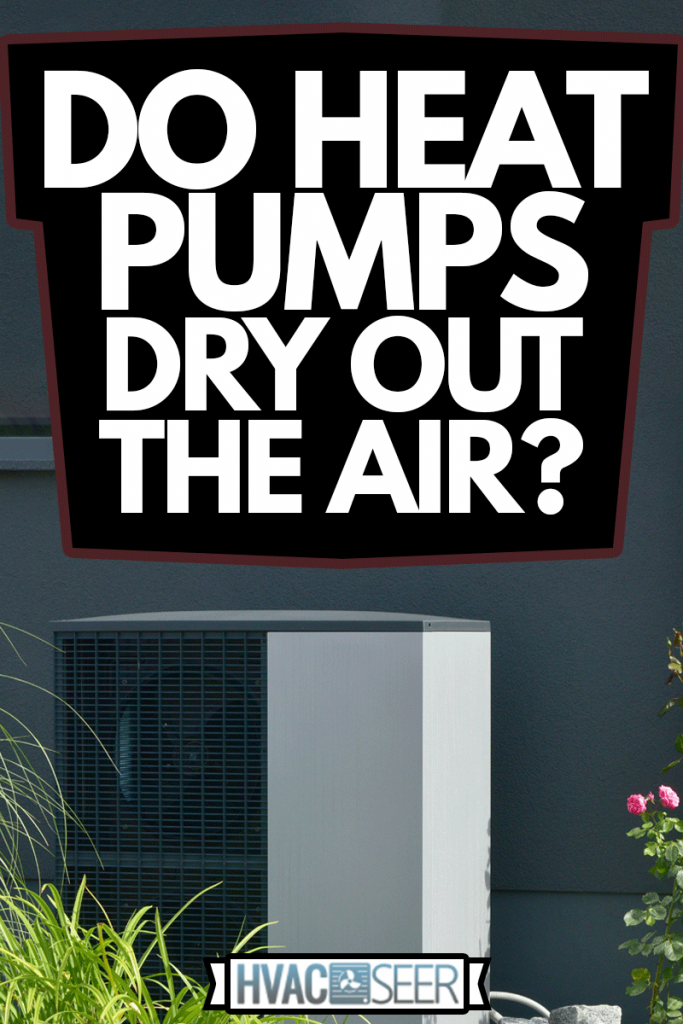
How Does A Heat Pump Work?
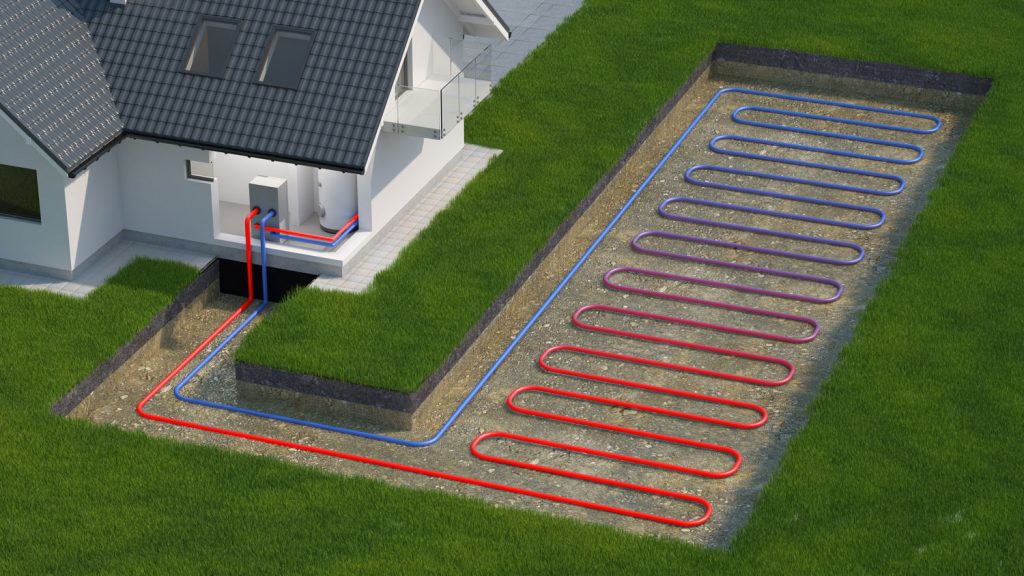
A heat pump essentially moves heat from one place to another. This happens by taking air from the outside, transferring it indoors, and filtering out any heat for your home to use.
Heat pumps are somewhat simple in design, working similarly to an air conditioner or furnace. One of the benefits of having one is that it can also cool down a space, perfecting it for year-round indoor climate control.
Does A Heat Pump Remove Moisture From The Air?
Technically, a heat pump will remove some moisture from the air. Although this shouldn't make a huge difference, heat pumps lower indoor humidity levels.
As we mentioned earlier, heat pumps can also have a cooling effect thanks to condensation, so these HVAC systems work in almost any type of climate.
Do Heat Pumps Improve Air Quality?
Yes! Heat pumps can be very beneficial when it comes to improving air quality. This is because heat pumps don't use combustion, meaning there isn't a risk of carbon monoxide getting into the air you're breathing.
On top of that, heat pumps are constantly circulating the air, so you don't have to worry about your house feeling tight or uncomfortable to be in.
Does A Heat Pump Provide Fresh Air?
Although it seems like it, heat pumps aren't technically bringing fresh air into your home. Like we mentioned above, heat pumps work by filtering heat from the air outside and then distributing it throughout a space.
Like any HVAC system, heat pumps use a process of filtration, which helps to keep the air inside your house safe to breathe but not usually as fresh as the outdoors. Again, this doesn't mean a heat pump brings bad air into your home; it's just working more to circulate and warm the existing air inside instead.
Do I Need A Dehumidifier If I Have A Heat Pump?
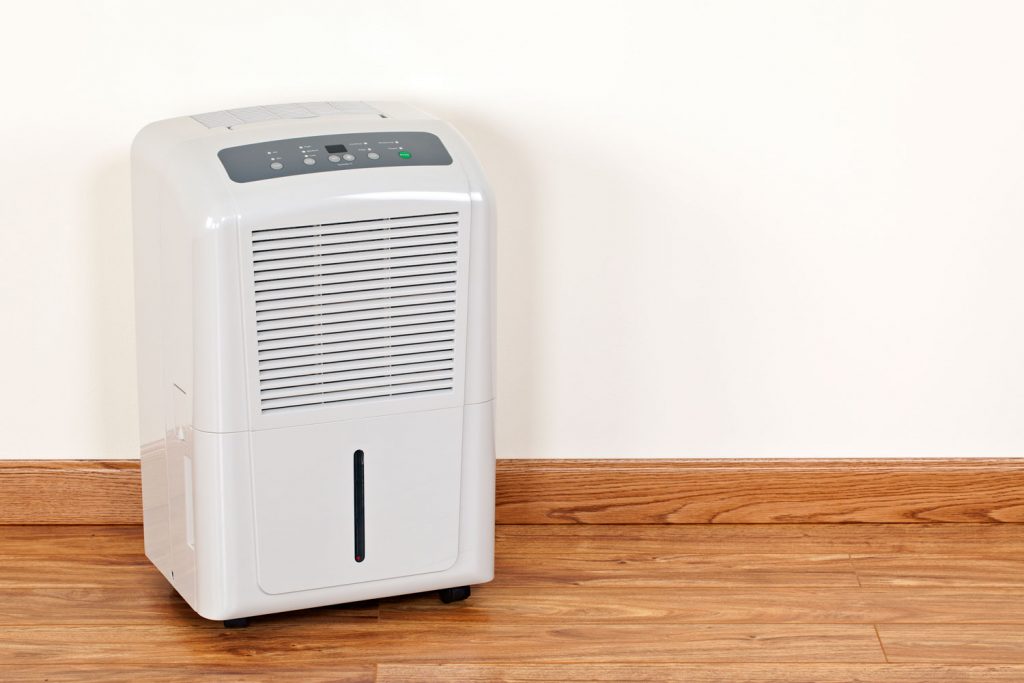
It's not usually necessary to use a dehumidifier if you have a heat pump. Considering heat pumps will remove some of the moisture from the air, using a dehumidifier can make your house feel super dry.
Many heat pump systems will have a "dry mode" of some kind, which you can turn on if the air inside your home still feels too moist. That said, you want to try and keep the humidity levels in your house between 30 and 40 percent, so keeping some water in the air is a good idea.
Will A Heat Pump Dehumidify A Basement?
Yes, it is possible to see lower humidity in the basement if you turn on a heat pump. Although it may not be as dramatic of a difference compared to using a dehumidifier, heat pumps tend to help remove excess water from the air.
That said, many homeowners prefer to use a heat pump over a dehumidifier because it saves energy, so it does have its advantages.
Can I Add Humidity To My Heat Pump?
If you're worried about your heat pump drying out the air, you can certainly add a humidifier to it. We recommend installing a whole-home humidifying system, which an HVAC specialist can run throughout your entire house.
Luckily, you can add a humidifying system to your existing heat pump, so this process shouldn't be too costly. That said, if you don't want to spend a lot of money, buying a few portable humidifiers might also help with dryness.
LEVOIT Large Room Humidifier
This humidifier is portable, has warm and cool mist, covers 753 square feet, holds six liters, and runs up to 50 hours when full.
Follow this link to see it on Amazon.
Will A Humidifier Make My Home Warmer?
Installing a humidifying system alongside your heat pump can make your house feel slightly warmer. Although this won't be super dramatic, humidity tends to make the air feel a bit warmer than it is, which can come in handy during the wintertime.
For example, if you set your home to 68 degrees and have the humidity on, you can expect it to feel more like 78 degrees because of the added moisture. On top of the high heat index, more humidity in the winter can help to combat dry skin and breathing issues, so this is a win-win for many reasons.
Do Heat Pumps Use A Lot Of Energy?
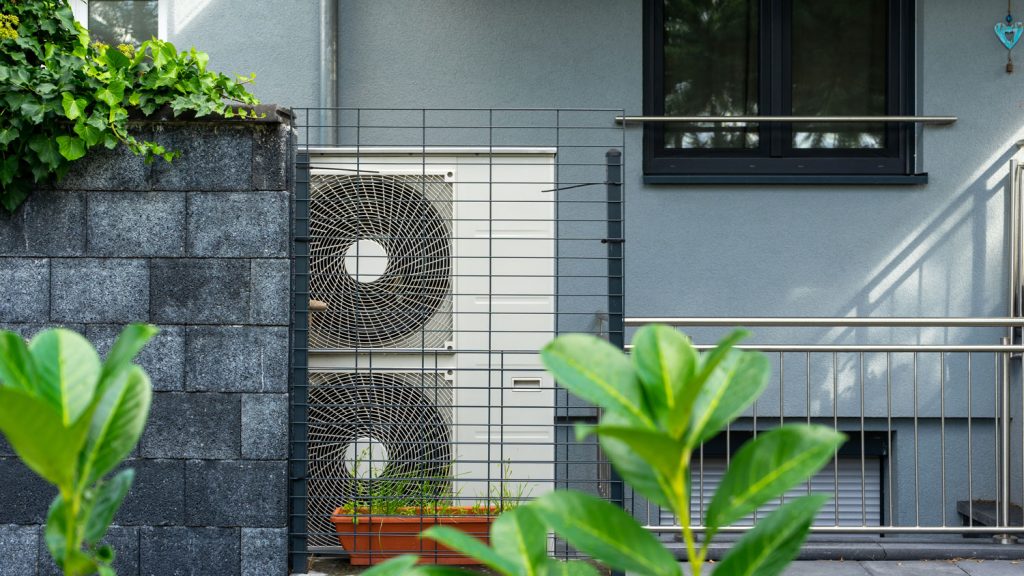
In general, heat pumps don't use much energy to operate. Many newer heat pump systems can transfer 3-4 times more thermal energy [heat] than they consume in electrical energy, so using one won't break the bank.
Considering that the average heat pumping system uses around 3kW-6kW while running, you don't need to budget hundreds of dollars per month to keep your home warm through the winter. With that said, heat pumps won't always warm up a house and a traditional heater if it's super cold out, so that's something to consider.
Can I Use A Heat Pump Instead Of My Heater?
Like we said above, a heat pump won't be the same as a heater if it's extra chilly out. Generally, heat pumps become less effective if the temperature drops below 40 degrees Fahrenheit, which may not be ideal for frigid climates.
Of course, heat pumps work very well if the weather is above 40 degrees, so this can be a great way to save energy/money once the weather warms up a bit.
Is A Heat Pump Considered Central Air?
So although the two are similar, a heat pump is not considered central air. Most importantly, central air doesn't transfer heat from outside your home and distribute it inside but depends on a furnace or other heating system.
Another notable difference between the two is that heat pumps can heat and cool, while central air only lowers the temperature in a space.
Can A Heat Pump Replace The Air Conditioner?
Yes, you can use a heat pump instead of an air conditioning unit, depending on where you live. Typically, climates with super high humidity [like the tropics] do well with heat pumps instead of the AC, but this might not be the best idea if you live somewhere extremely dry.
As we covered, heat pumps take moisture from the air, so if you use them to cool an already dry home, this can cause issues with your humidity levels. That said, you can try installing a humidifying system or using a portable unit to prevent your house from becoming too dry, so there are ways to get around this.
Are Heat Pumps Expensive To Install?
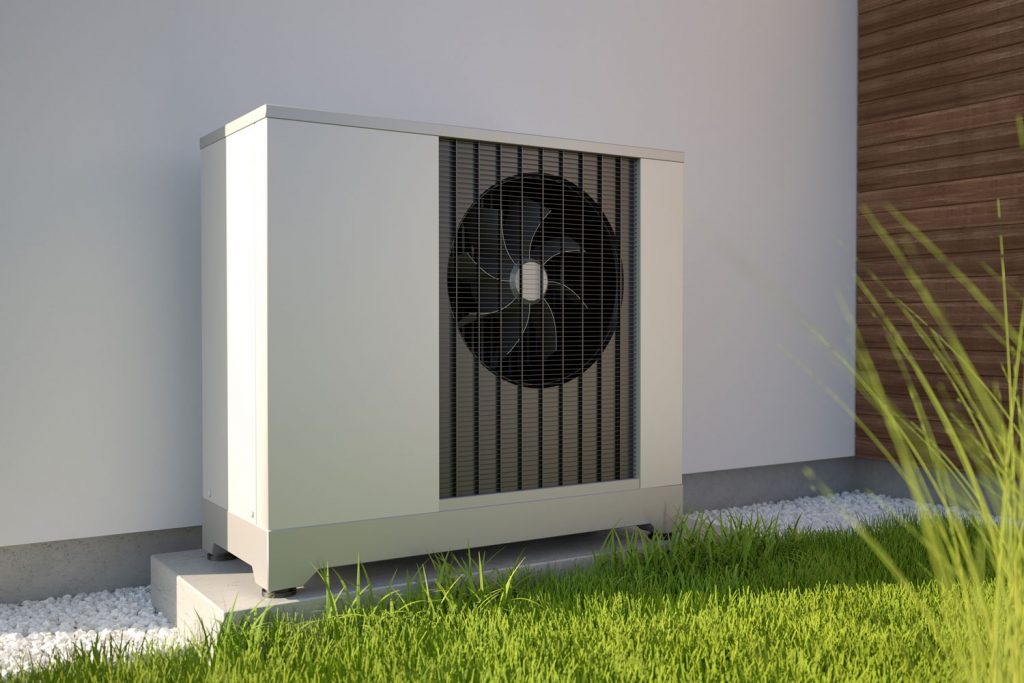
One of the drawbacks of installing a heat pump is the price. Considering this can cost anywhere from $4,000 to over $20,000, having a heat pumping system installed into your home isn't cheap.
According to Home Advisor, installing a heat pump into an unfinished basement or attic is less expensive, so this might be a decision you want to make early on.
How Much Do Heat Pumps Cost To Maintain?
Although this varies on the system and where you live, expect to pay around $377 every time you repair a heat pump. On top of that, a general service call will cost between $50 and $180, not including labor, so this can be pricey.
That said, you shouldn't need to have your heat pump looked at more than once or twice per year so that maintenance won't be excessive.
To Wrap It Up
Whether you have a heat pump or want to install one, it's essential to know whether it's affecting the air. From what we found, heat pumps will remove some moisture from the air, but not enough to make you feel dry.
Heat pumps can warm up and cool down a home, so expect a slightly drier air quality if yours is set to a cooling mode. If you notice extra dry air, it might also be a good idea to purchase a few humidifiers or look into a whole-home humidifying system, so that's something to think about.
Regardless, make sure not to overdo it with your heat pump's dry mode, and don't be afraid to use your system in the summer instead of the AC if you want to save some energy.
Made it to the end? Check out these helpful related HVAC posts below!
When And How To Use The Emergency Heat Setting On Heat Pump

